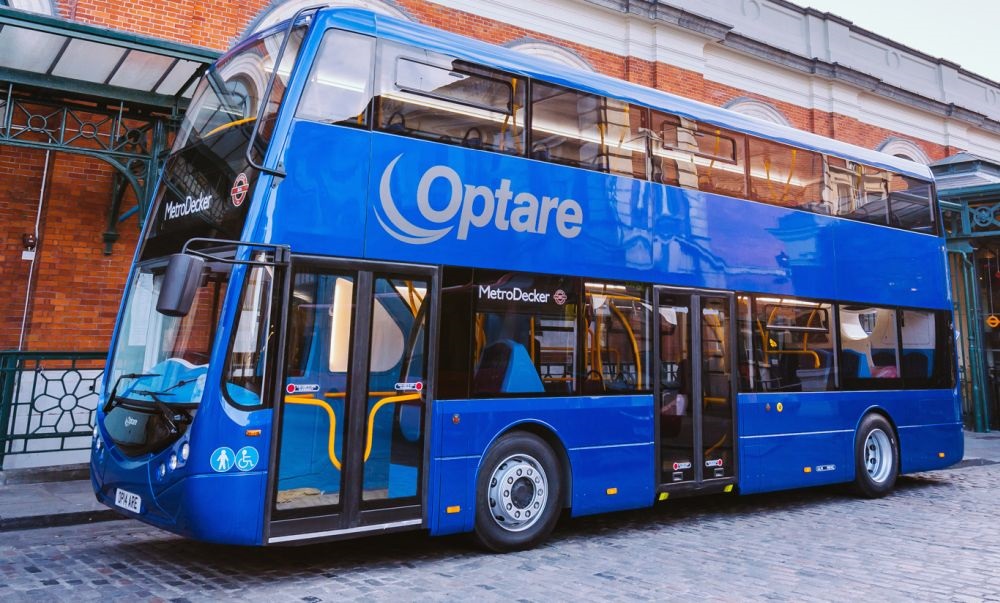
Composite and polyurethane (PU) specialist Permali has reportedly received UK government funding to develop a lightweight composite for diesel-powered buses.
The aim is to reduce the weight of existing buses so that they can be retrofitted with zero-emission hydrogen powertrains, helping the UK meet its net zero emissions target.
Permali says that it is developing a composite system to structurally support the hydrogen fuel cylinders in the vehicles which could halve the weight of the current metallic hydrogen fuel tank structure and, increase energy storage by 25%, while still providing the required structural performance to meet vehicle road safety standards.
The company’s R & D team in Gloucester, UK, will be working on this development project in collaboration with hydrogen and fuel cell specialist company Arcola Energy and the UK National Composites Centre (NCC). According to Permali, the partnership project is initially aimed at buses, but the new technology concept could be transferable to a wider range of vehicles such as heavy-duty goods vehicles, trains and aircraft.
‘Our dedicated and loyal team have been instrumental in the funding win and I’m excited to see Permali’s influence on a breakthrough project which contributes towards the UK’s carbon neutral goal,’ said Permali sales and marketing director, Fraser Rankin.
The funding has been awarded by the Office for Low Emission Vehicles (OLEV) through the Niche Vehicle Network (NVN).
This story uses material from Permali, with editorial changes made by Materials Today. The views expressed in this article do not necessarily represent those of Elsevier.



